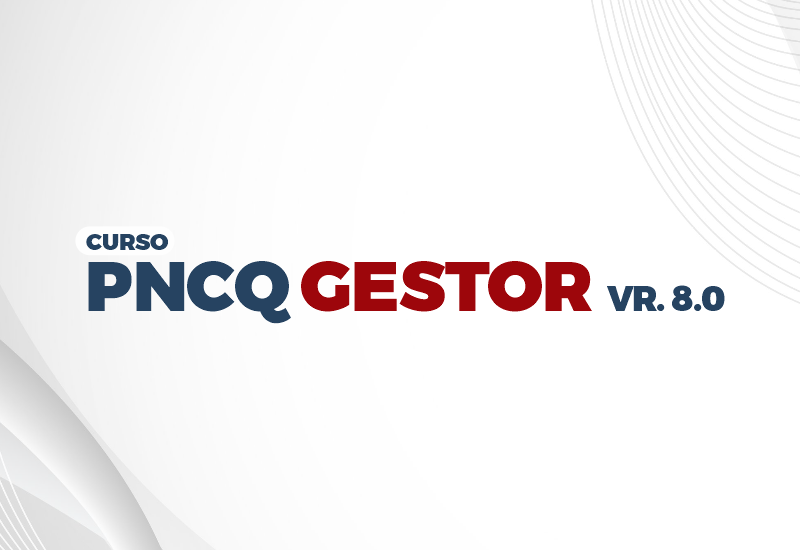QUALITY MANAGEMENT WITH DR. JOSÉ ABOL CORRÊA

During the last years we witnessed a “boom “in the implantation of Quality Management Systems in laboratories of clinical analyses. With the increase of the demands in the Accreditation and Certification standards, the firms noticed that these programs, if implanted seriously and effectively, can bring great results.
Being an administrative tool for firms that wish to grow in an organized and sustainable way, Quality Management is able to organize, control and formalize the firm procedures as a whole, aiming from correcting failures and cost reduction to increasing productivity. The consequence is the increase of the profits, always keeping as a focus the quality and the client.
As it follows, Dr. José Abol Corrêa, Administrative Director of the National Program of Quality Control – PNCQ, comments about the advantages in prioritizing Quality Management, as well as the possible costs for the firm which chooses not to implement the program.
What are the biggest challenges in the Quality area that the clinical laboratories face nowadays?
I would say that the biggest challenges in the area are to know the standards of Quality Management and how to implant them in the laboratory service.
What is the importance and the benefits of the Quality Management to the clinical laboratories?
Among the many positive points, when you adopt the Quality there is the possibility of: identifying errors, if there are; speed to provide for the elimination of the causes of the identified errors, with corrective or preventive actions; diminishing the costs and activities inherent in the laboratories’s performance; implanting and evaluating the results of the External and Internal Quality Controls of the analytical quality; auditing the Quality System procedures, then implanting corrective actions when there is some non-conformity; proving with evidences the effectiveness of the actions which were implanted; besides requesting the Accreditation of the Quality System, when decided by the Administration.
What are the costs that a laboratory may have when deciding not to prioritize Quality?
The cost of the Non Quality is always bigger than the cost to implant a good management system. In case of an error in a laboratory result, for example, besides the possibility of financial cost, there is always the risk of disqualification of the service performance before the community.
How can PNCQ help in the strategies of Quality Management of the laboratories?
PNCQ provides the course and software PNCQ Manager, a tool that made possible the increase of the Accreditation in more than 80% by SNA/DICQ , besides providing an External Quality Control for more than 5.200 Clinical Laboratories and Blood Banks in the Country and Abroad. PNCQ also provides samples for the Internal Quality Control for these laboratories.
What are the methodologies and tools that support the Quality Management?
To apply the items of ISO 15.189 Standard and the guidelines present in the RDC ANVISA 302:2005, in the form of quality procedures, as well as to make the respective records, related to the Management system.
How can quality help strategically to establish aims for the laboratory?
The principal aim is the quality of the laboratory reports, as a priority for the evaluation of the health condition and for the safety of the patient/client. This aim can only be achieved if there are quality procedures implanted and a constant training of the technical and administrative personnel of the laboratories.
How is Quality Management monitoring done, and how can we know if it is working for the laboratory?
The monitoring of a Management System is done by internal Audits performed at least once a year, by trained personnel. This Management System must have a General Coordinator to administer and evaluate the personnel competence and the results of the evaluation of the non-conforming results and their respective corrective or preventive actions, making consistent records until the effectiveness of the implanted actions is proved. The laboratory focus must be, always, continuous improvement!










